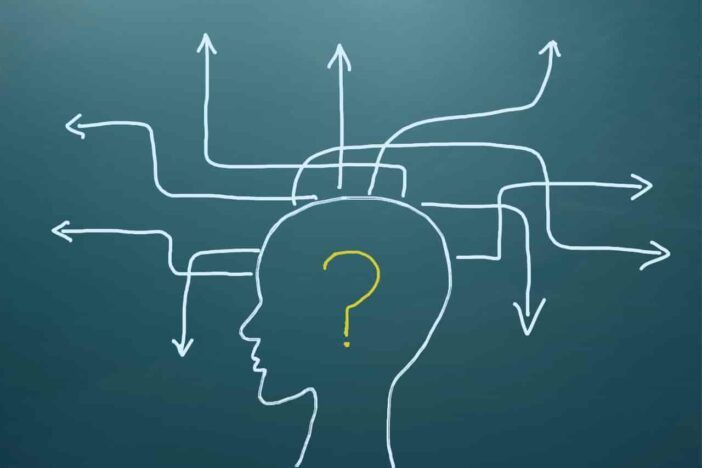Getting the right information at the right time can help you make better decisions. For instance, getting information about a project that you are working on or a client is critical to making a sound decision. In addition, it is also a good idea to consult experts. This will give you a more balanced perspective on the situation.

Aside from gathering all the information you can about the situation, you should also consider the most important part: what you do with it. Make a list of all possible solutions, weigh the pros and cons and decide which option is the best course of action. Make sure to follow through on your decision. In the long run, making good decisions can help you to earn respect in your organization and showcase your professionalism to your co-workers.
Making the right decision requires an understanding of the decision-making process and a little bit of trial and error. A decision matrix is a useful tool to help you with this. However, it is also important to remember that you may not be able to determine the best course of action before you start the process.
The decision-making process isn't as cut-and-dry as it seems. It involves many people, which can make it challenging. You may need to consult with a few experts to get the best possible information.
It's also worth noting that some decisions are easier than others. For instance, if you are dealing with a project, it may be best to get the most out of your resources by not compromising quality in order to get the job done quickly. If you do decide to change the scope of your project, the result could affect the budget and quality of your work.
The right decision may be hard to come by, but the most important part of making a good one is recognizing it. You may not be able to foresee the outcome before you make the decision, but you can put a plan in place to avoid the worst-case scenario.
The best decision might also be the most logical. For instance, if you are unsure of the best course of action, you may want to consult with a trusted colleague or mentor for advice. It's also a good idea to keep an open mind, because your own personal biases may lead you astray.
The best decision may not be the biggest or the sexiest. However, it is likely the most important decision you will make. By learning how to make better decisions, you will be able to set yourself apart from your colleagues, and you may also learn a few things along the way. In addition, you may even find that the process of decision making itself is enjoyable.
The most important part of making a better decision is to do it with confidence. You should be aware of your own biases and emotions, but you should also use your intuition when making a decision.
Consider all angles.